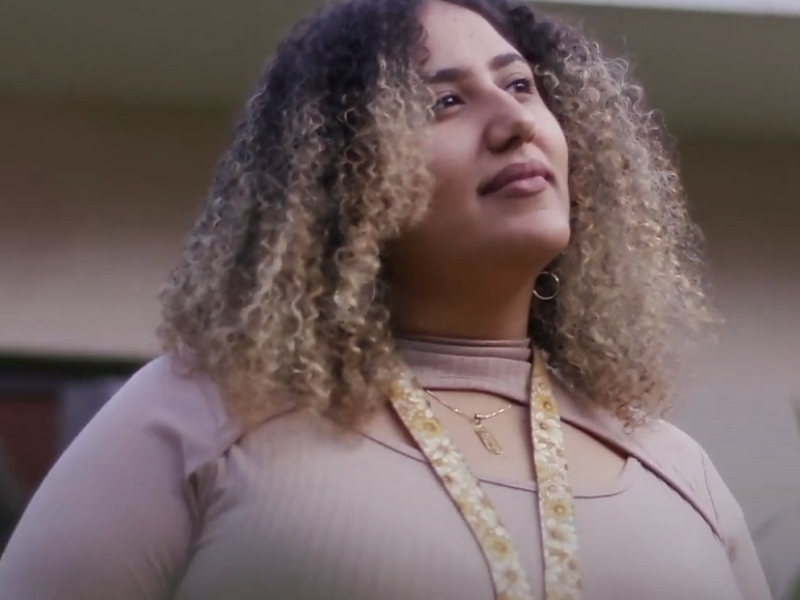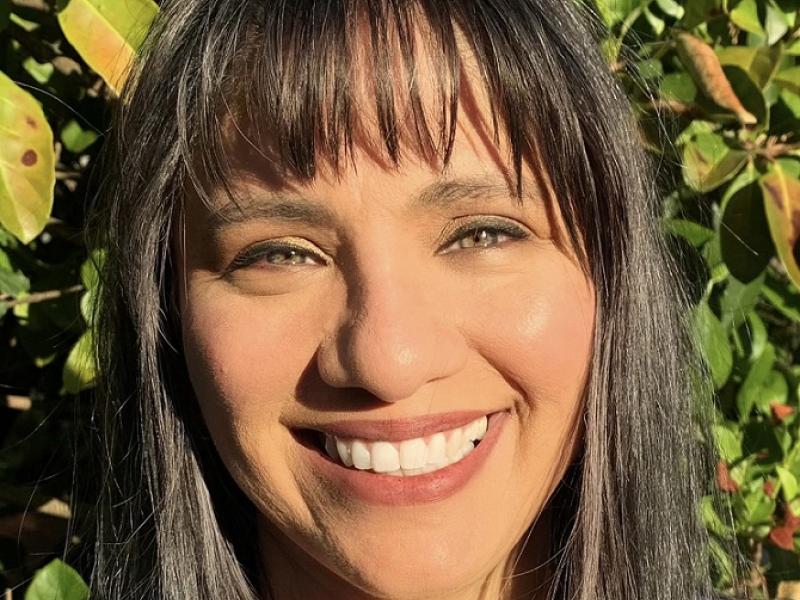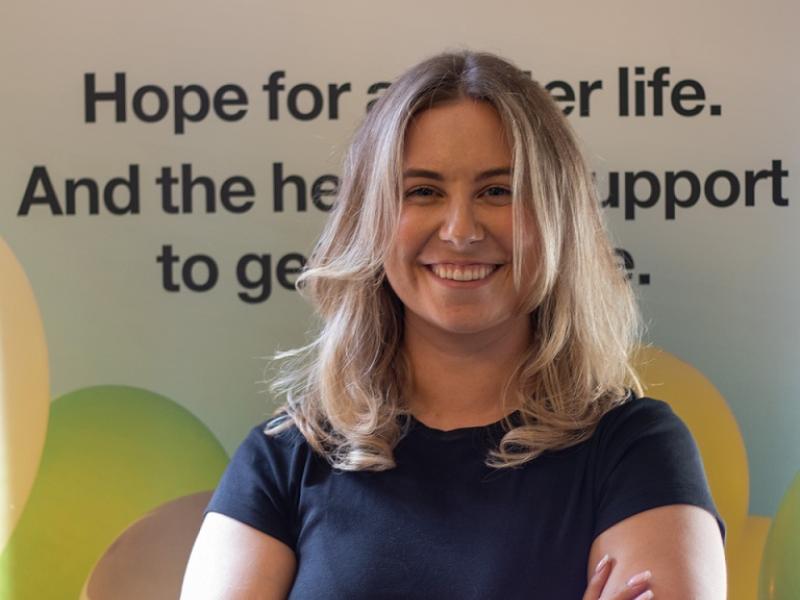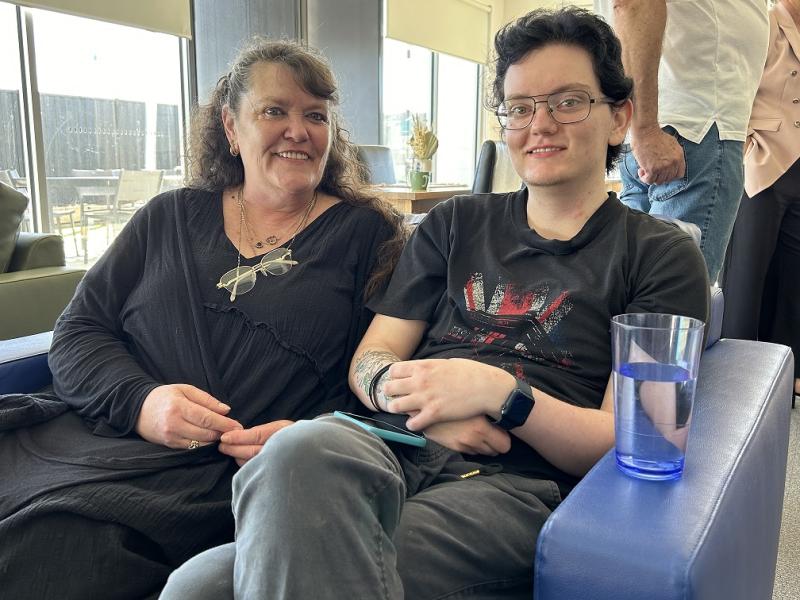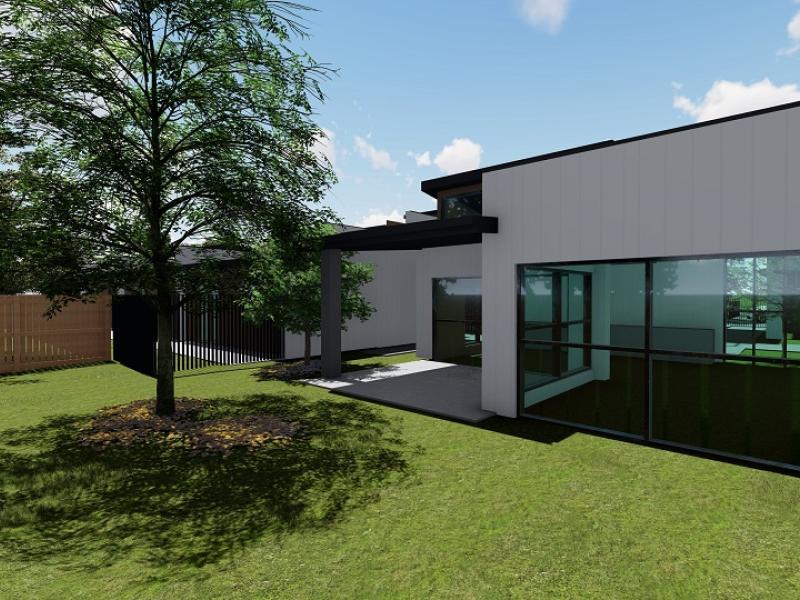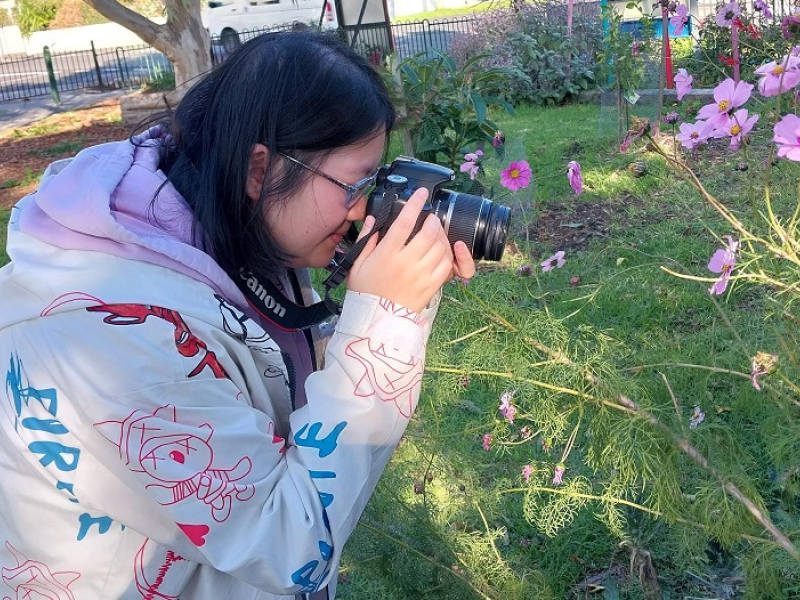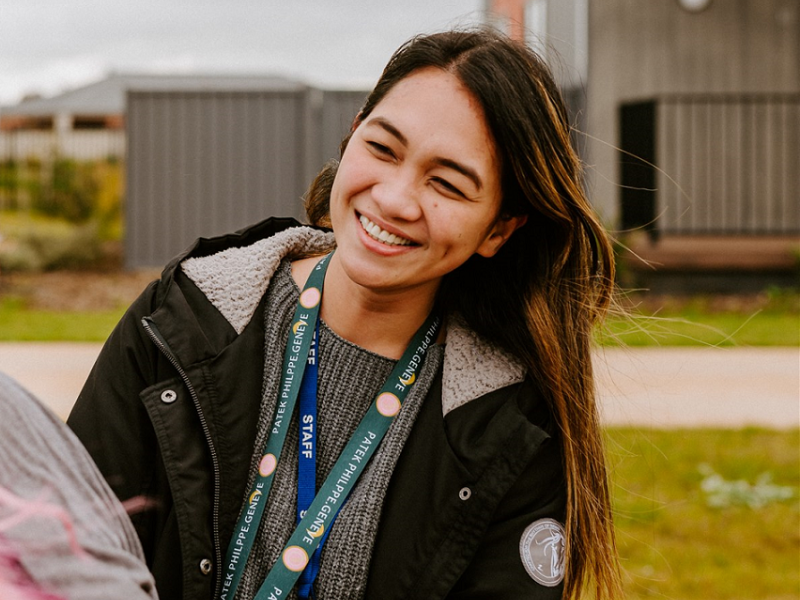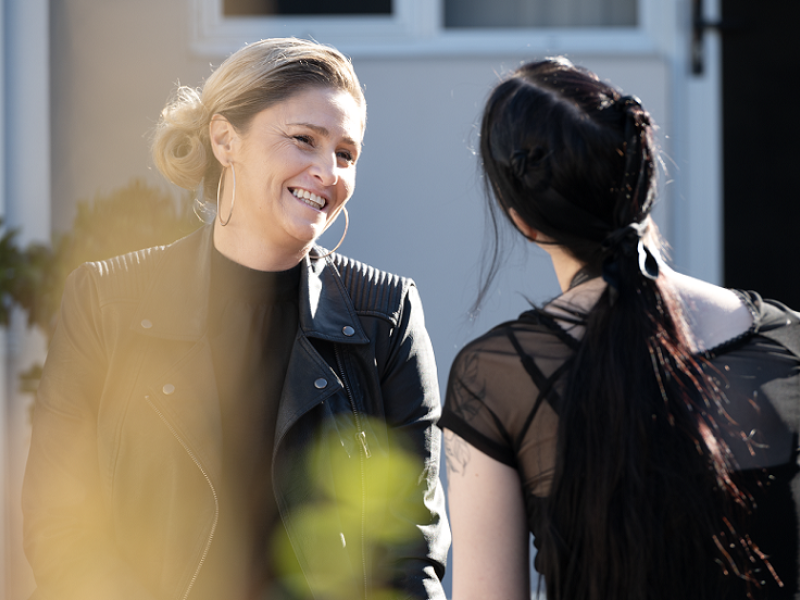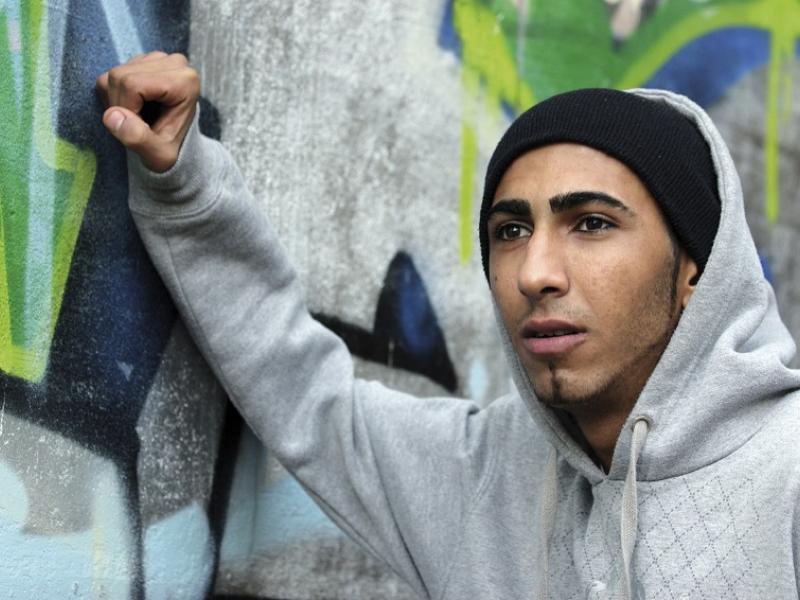Veronica has turned the mental health struggles she experienced after years of bullying, abuse and violence as a child into something she can harness to help others.
Veronica is a Peer Practitioner with Mind Australia at St James Transitional Care Unit in Victoria Park (Western Australia). Peer Practitioners are mental health practitioners who are specially trained to use their experience of mental health challenges to empathise with and inspire others on their recovery journeys.
Before she became a Peer Practitioner, Veronica would write poems and songs to help her manage her mental wellbeing. Eventually she gained enough confidence to share her work with others at poetry slams and at music gigs around Perth.
“I couldn’t share it with friends or family because I didn’t feel safe to share it, but when I got on the stage I shared my poem and my music and it was received well,” Veronica said.
“I was like - oh, people see me; they embrace who I am and they hold space for me - which is what we encourage here at St James Transitional Care Unit.”
Holding space for someone means that you offer them the opportunity to be seen and heard fully, giving support that is free of judgement.
The St James Transitional Care Unit is a residential mental health service run in partnership with East Metropolitan Health Services and staffed by specialised mental health clinicians and a peer support workforce.
“We help people experiencing mental health challenges get the resource and tools they need so they can start their journey of recovery, while also having access to nurses, psychologists, social workers, occupational therapists and peer practitioners,” Veronica said.
The service provides two types of supportive care to suit the needs of different clients:
- The Step Up Step Down service provides targeted moderate to intensive support in short term residential stays
- The Community Care Unit provides less intensive support over a longer residential stay.
“We are here to give you a safe space to get the ball rolling in your recovery. I tell the people I support all the time that there is a possibility of a journey to recovery, because if I’m standing here in front of you then there’s hope for you too.”
If you would like more information about Mind services near you, please contact us via Mind Connect or phone: 1300 286 463.
If this article raises concerns for you, please call Lifeline on 13 11 14. Aboriginal and Torres Straits Islanders can also call 13 YARN (13 92 76) a 24/7 national crisis support telephone service staffed by Aboriginal and Torres Strait Islander peoples.
If you would like more information, please contact us.
1300 286 463
[email protected]
